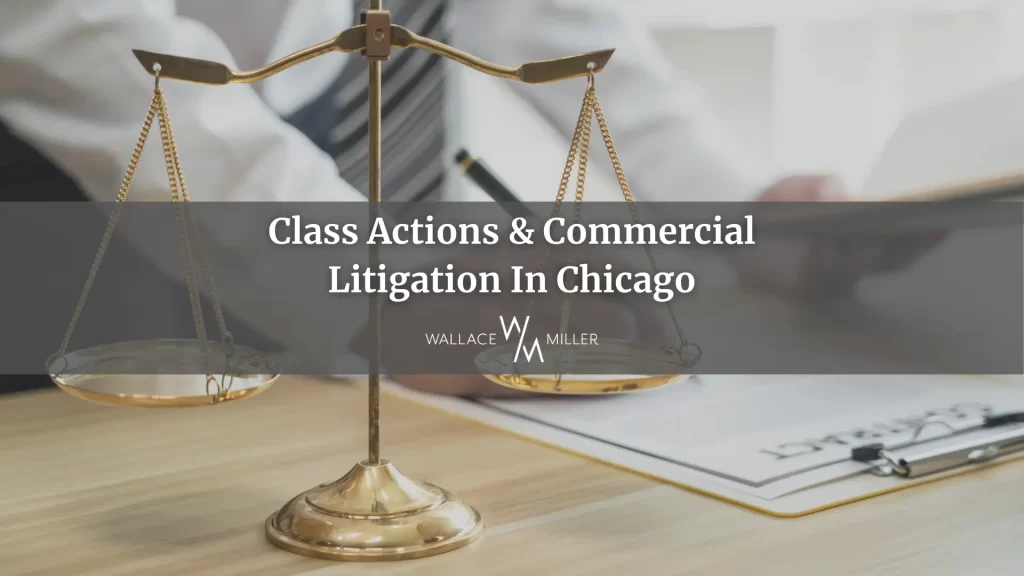
From Brown v. Board of Education to the Enron Securities Fraud litigation to the numerous litigations resulting from chemical spills and toxic contaminations, class actions have long-helped to bring about sweeping justice and create positive change. Often, bringing a class action is the only possible way to hold wrongdoers to task and obtain justice for the individuals harmed by their conduct.
Wallace Miller attorneys have decades of experience leading class action lawsuits on behalf of consumers, employees, and individuals throughout the nation. We have the dedication and expertise necessary to bring—and see to completion—groundbreaking class action cases across many areas of the law, including :
- Consumer Protection and Defective Products
- Privacy Law (data breach, cybersecurity and biometric security)
- Conspiracy and Fraud
- False Advertising
- Medicare
- FHA
- Employee Rights and Overtime
- ERISA
- Misclassification
- Wage and Hour
- Discrimination
- Whistleblower/False Claims/Qui Tam

